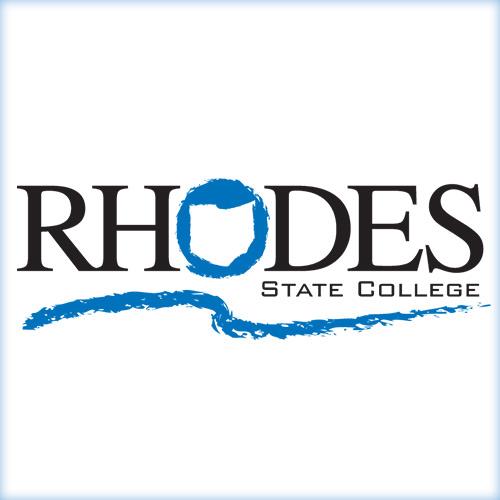Download Our Mobile App And Take WKTN With You . > > > > > > > > > > IT'S FREE!!
Rhodes State Launches Agriculture Technology Training; Awarded $500,000 Federal Grant

LIMA, Ohio, June 22, 2021 – Rhodes State College has responded to the need of regional agricultural businesses and the industrial and small farming industry by cultivating four new areas of study and setting out plans to build state-of-the-art Agriculture Design Laboratories with the aid of a half million dollar grant from the U.S. Department of Agriculture’s (USDA) National Institute of Food and Agriculture (NIFA).
Young people interested in agriculture, those with little to no agriculture or farming experience, or farmers desiring a better value for their work are encouraged to explore the four new certificates being offered—Agriculture Business, Agronomy, Robotics/Artificial Intelligence, and Prescription Mapping. These certificate programs are stackable and can lead to a successful farming practice as well as technician positions with farmers, agricultural consulting firms, local equipment dealers, agricultural retailers, and equipment manufacturers. Rhodes State has also applied to its accreditor for the approval of an Agriculture Technology Associate Degree program.
“These certificates are the first of their kind, available locally, that meet both the agriculture industry needs and the needs of students to stay local and earn a living wage in an area that supports their desire for the rural lifestyle,” said Lori Dyer, Director of Cooperative Education. “They also provide farmers with the opportunity to learn to make informed decisions regarding the data they can collect with modern technology available in agriculture.”
Students in the new programs will learn localized background in soils, crops, pests, and nutrient management; basics in business fundamentals and the financial aspects of the agricultural enterprise; foundational surveying, unmanned aerial vehicle and remote sensing technology, data interpretation, and prescription map creation; and a technical foundation of operation and repair of robotic applications.
In addition to the new academic programs, Rhodes is boldly moving forward with plans to build Agriculture Design Laboratories on their campus. These laboratories will include a suite of high-tech simulation and collaborative learning areas with real-time equipment, industry-developed software, planters, unmanned aerial vehicles, sensors, robots and smart (autonomous) vehicles. A living wall of plants/herbs will serve as the suite’s focal point to compliment displays of localized agriculture history. The long-term vision also includes a greenhouse for more focused agronomic studies and garden plots to allow the community to experience applied agriculture.
Dr. James Uphaus, Chair of the Agriculture Technology program, explained the collaborative nature of the labs. “The Agriculture Design Labs will be a local meeting point for the agriculture industry to meet and share ideas and technological concepts, opening communication through education across communities,” he said.
This work is supported by the Agriculture and Food Research Initiative-Agricultural Workforce Training Priority Area [grant no. 2021-67038-34168/project accession no. 1025594], from the USDA NIFA. The USDA’s National Institute of Food and Agriculture recently awarded funding for Agricultural Workforce grants and rural economic development projects. Rhodes State is the recipient of $500,000 of these funds, and the award has been earmarked to fund, in part, the new Agriculture Design Labs.
“The USDA NIFA grant will support teaching agronomic concepts in the Agriculture Design Labs that will have applications in farmers’ fields and at home and community gardens which, then, may cultivate the interest of an urban student that has never set foot on a farm but may have analytical skills to help local farmers solve production problems,” said Uphaus.
The purpose of the NIFA grant is to provide community, technical or junior college students the skills and tools necessary to secure industry-accepted credentials to join the workforce.
“Community colleges provide significant workforce development nationwide,” said NIFA director Dr. Carrie Castille. “These awards will help students earn a two-year degree or an industry-accepted credential that will create better job opportunities and fuel the talent pipeline needed in the food and agricultural sector.”
For more information about the certificate programs or the future of the Agriculture Technology program at Rhodes State, visit www.rhodesstate.edu or contact Dr. James Uphaus at uphaus.j@RhodesState.edu.
Written by: WKTN Staff
Similar posts
Copyright WKTN-Home Town Media | Public File | FCC Applications | ADMIN | 112 N. Detroit Street, Kenton, OH 43326 | 419-675-2355


